Known as the "jewel of the Adriatic Sea," Dubrovnik is one of the most popular tourist destinations in the Mediterranean. It boasts charming old towns, UNESCO World Heritage sites, and impressive seaports. Notably, the city has become a popular stop for cruise ships after the popular TV series "Game of Thrones" was largely filmed there.
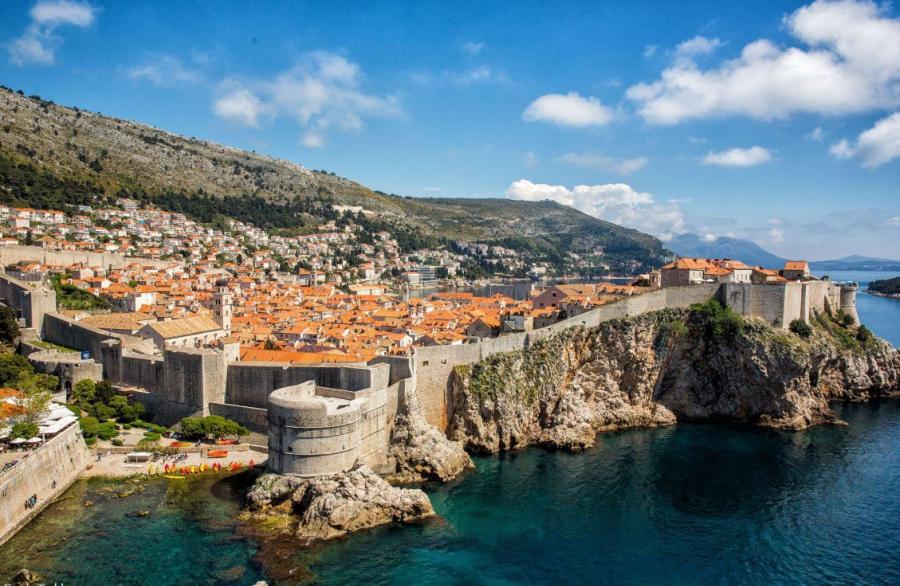
After disembarking from the cruise ship, tourists will board smaller boats to reach the mainland and be guided to the old town. Tours usually begin at the Pile Gate, the main entrance to Dubrovnik, built in the 16th century, followed by a walk along Stradun to the city walls. Entrance fees cost 30 euros (approximately 770,000 VND). Locations featured in "Game of Thrones" and the oldest apothecaries in Europe, housed in a 14th-century Franciscan monastery, are among the most popular tourist attractions.
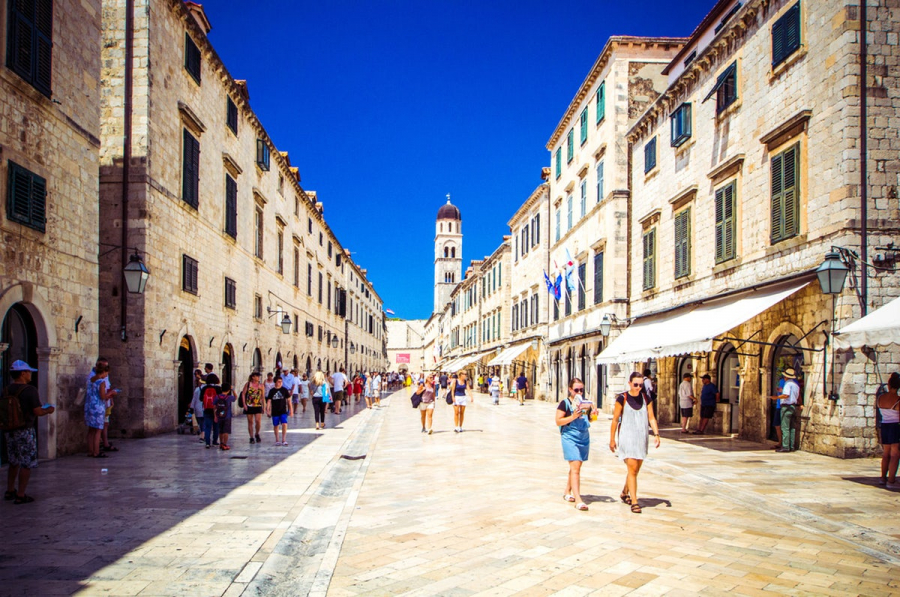
Last year, around 400 cruise ships carrying over 3 million tourists docked in the city. Many believe this will negatively impact historical sites in the long term. However, since over 80% of the local population relies on tourism for their livelihood, authorities remain hesitant to address this issue.
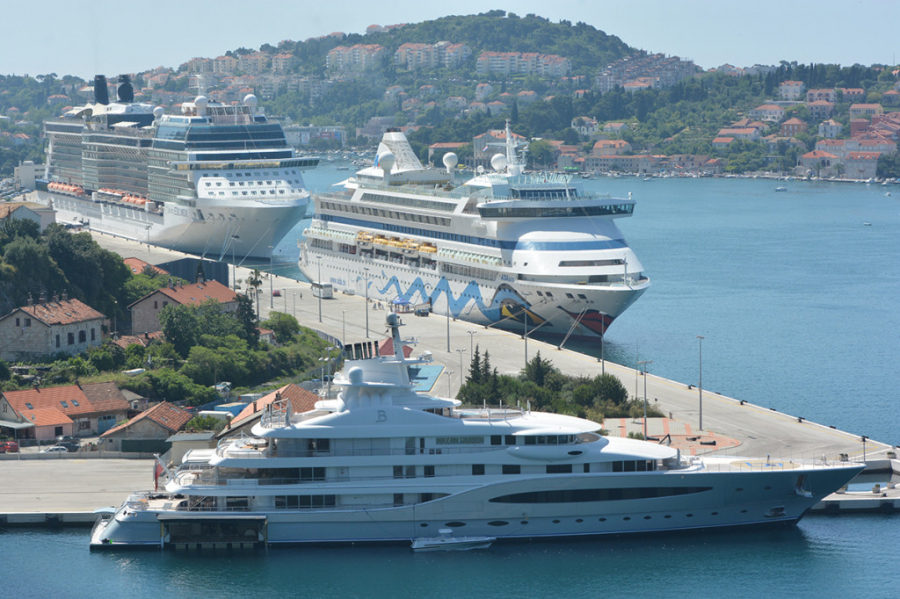
However, there is growing evidence of the negative impact of tourism, especially in cities like Dubrovnik. Numerous bookstores, bakeries, butcher shops, hair salons, supermarkets, and souvenir shops have been built to cater to tourists. Furthermore, the boats that dock here use large amounts of fossil fuels, causing water, air, and noise pollution, severely impacting the marine ecosystem.
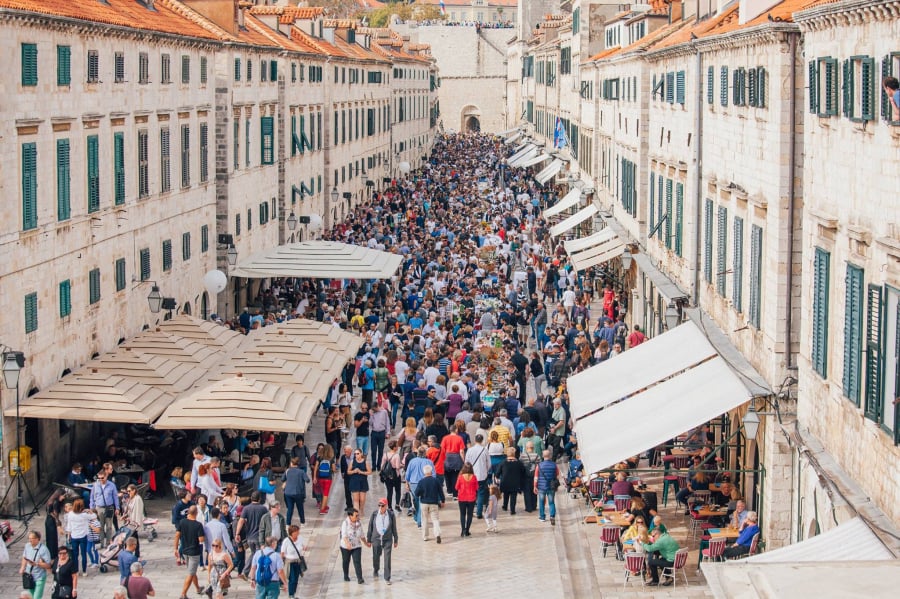
Many locals began to realize that tourism here was becoming overloaded. Therefore, the city mayor decided to tighten tourism controls: only two boats were allowed to dock in the morning and one after noon. The following year, only 4,000 visitors were allowed each day, and after two more years, tourists would have to pay a tax of 2 euros (approximately 51,000 VND) per person.
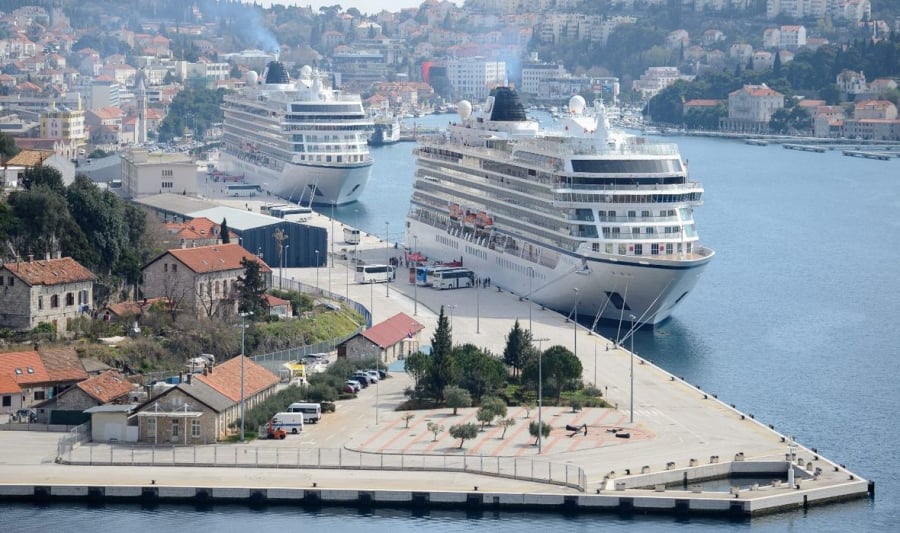
Meanwhile, the small neighboring kingdom of Montenegro faces a similar problem to Dubrovnik, perhaps even more serious. As the third most popular tourist destination in the Adriatic Sea, the small city of Kotor in this kingdom typically receives three massive cruise ships daily, each staying for nearly 12 hours. In 2019, Kotor welcomed approximately 500 cruise ships with over half a million visitors, a significant increase from 2003 when there were 50 ships and 50,000 visitors a year.
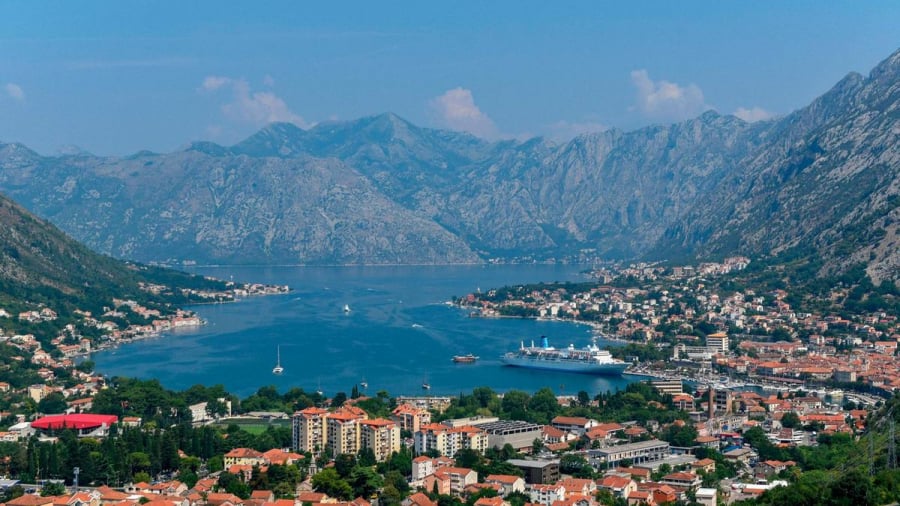
Kotor faces more dangers than Dubrovnik because the Kingdom of Montenegro is outside the EU, meaning EU laws do not apply there. The city lacks recognized marine protected areas, boats can use cheap, sulfur-containing fuels, and there are no noise restrictions, which severely impact fish, dolphins, and sea turtles.
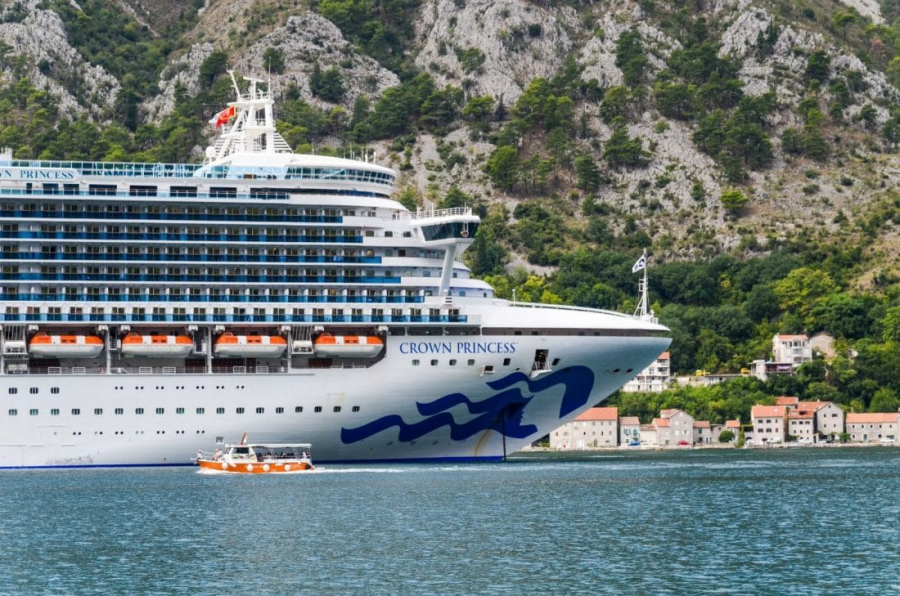
Kotor is located at the end of Boka Kotorska Bay, surrounded by majestic mountain ranges, which causes emissions from ships to accumulate and the air to become polluted. Fishermen and marine biologists are also concerned about ships dredging the bay's seabed, destroying the ecosystem and discharging wastewater into the sea, introducing foreign matter and disrupting the natural balance. Seaweeds, clams, and the rich marine flora will all be severely affected.
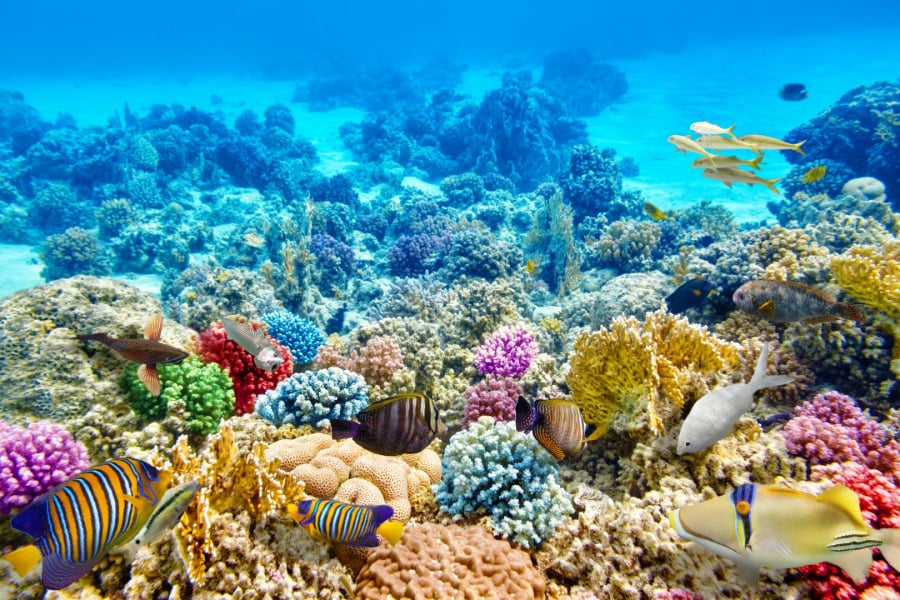
Vesna Macic, a member of the Kotor Institute of Marine Biology, said: “The biggest problem is the sheer size of the yachts. Ideally, only one should dock at a time of day, and the second or third should dock further away. This seriously harms marine life such as sponges, coral, and other organisms living on the muddy bottom. Furthermore, the constant anchoring and movement of the yachts affects the distribution of light, preventing plants from photosynthesizing, endangering algae and seaweed.”
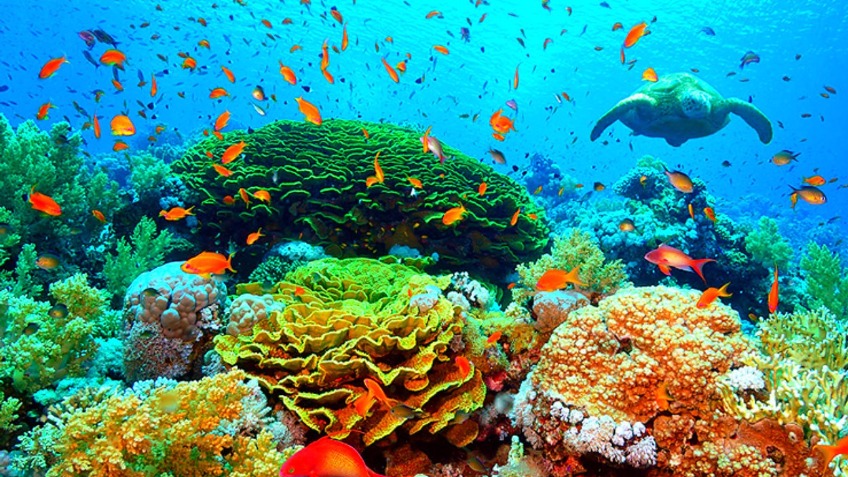
Macic hopes that the use of cheap oil will be banned under EU law, the number of boats will be limited, and buoys will be used instead of anchors. However, in a country where the average salary is around 453 euros a month, imposing rules and restrictions on tourists, who spend around 40 euros a day, is unlikely to be supported.

 VI
VI EN
EN




















.jpg.jpg)




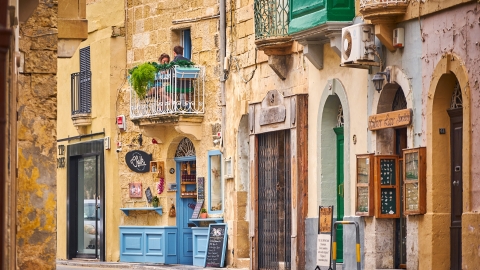
.jpg.jpg)






